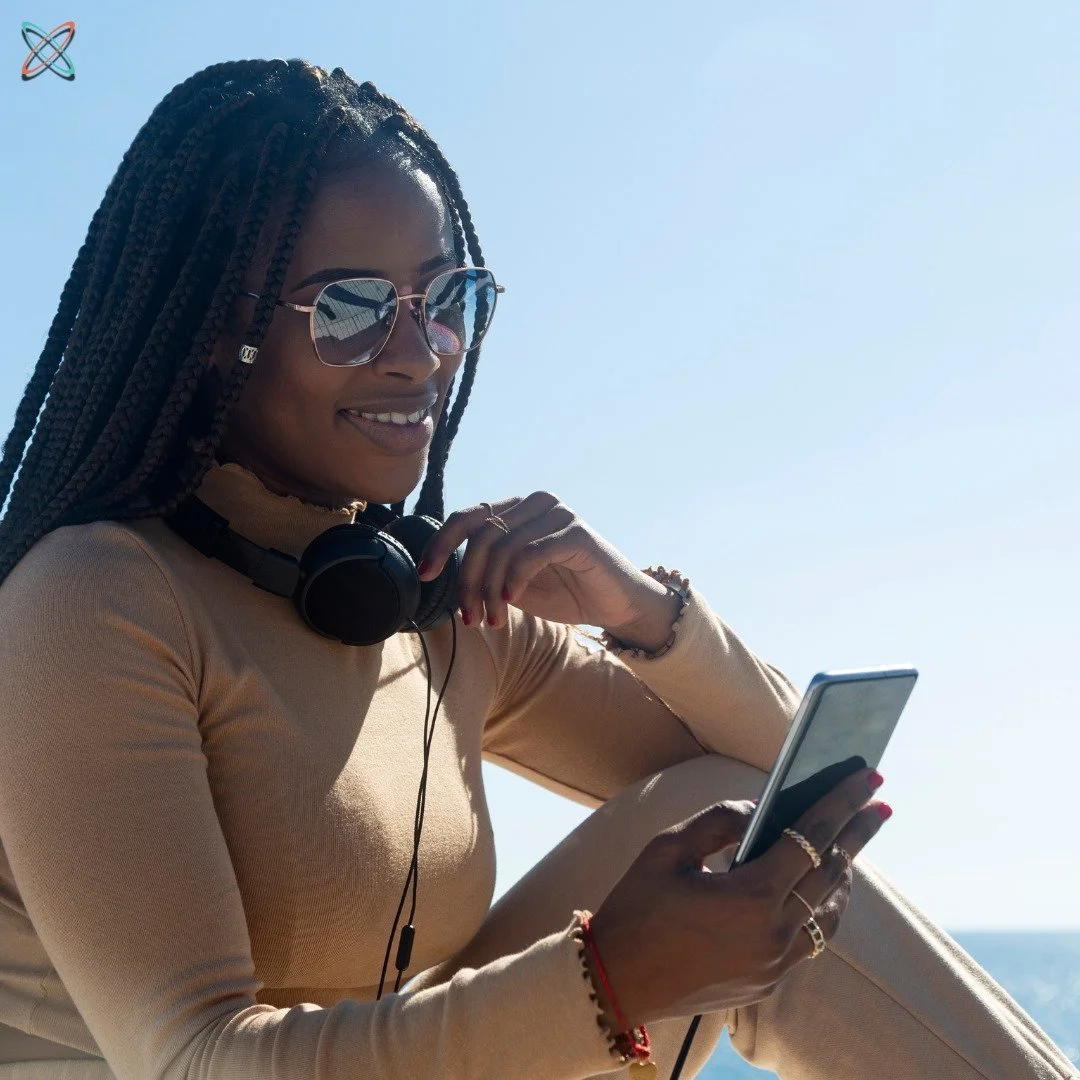The Anniversary of George Floyd’s Death Opens Old Wounds, But Together, We Can Heal
By Yolande Clark-Jackson
May 25th will mark the one year anniversary of the televised killing of George Floyd. The recording of his murder was watched millions of times, and millions of those people watching were Black. Since the murder, the Black community has had to fight for other Black lives that were unjustly taken. And, with the upcoming anniversary, the reminder of the 8-minute video, keeps playing in the background. It was the video that sent shock waves beyond the borders of Minneapolis and the country. Floyd’s murder became significant in re-energizing the conversation about violence against Blacks at the hands of police. But, it also opened old wounds that had yet to heal.
Since 2013, the Black Lives Matter Movement has led a social campaign to remind those affected by racism that Black lives are not disposable. Having to remind another person that your life has value is emotionally taxing. Having to remind others that you deserve justice, is physically taxing. But, watching Black Lives rubbed out by bullets, knees, and choke holds is traumatic. And, when it happens over and over again, it impacts your mental health and outlook on the world you live in.
According to the Mental Health America National Organization website, you don’t have to be directly impacted by racism to be traumatized by it. Trauma can result from a direct experience or “vicariously-such as where you see video of other people facing racism.” It can also be transmitted intergenerationally. For generations, Blacks have been a victim to white supremacist ideals and of violence at the hands of those who criminalize Blackness. For generations, Black people have had to see their people hung, mutilated, dismembered or burned without hope for justice or reprisal. This causes an enormous amount of distress and trauma.
Black people are impacted by racism on several fronts and do not always have the tools to fight back against the impact of racialized traumas. It is hard to hold joy and awareness of racial trauma at the same time, but we can get to a place where we have access to many ways to process our current reality while we fight for a new one.
How We Get There:
First and foremost, Black people have to be there for one another to protect, educate, and heal. We’ll continue to create a community of acknowledgement, support and unapologetic affirmation of our humanities and dignities.
Black people need community resources and mental health supports that address racial trauma. Trauma changes the brain and impacts how well we show up for our communities and our families. Relationships with mental health professionals for stress awareness, management and healthy coping strategies is essential.
As individuals and as a collective, we need to know, identify and name the symptoms of racial trauma and engage in active ways to process this trauma. Click these links to obtain Ibisanmi Relational Health’s booklets on “What Is Trauma?” and “Processing Racial Trauma”.
Black people must work to find the balance between fighting for justice for Black people and finding joy within Black identity and culture. One of the many lessons we can take away from the murder of George Floyd and many others is that Blackness needs to be free from criminalization. Blackness needs to be protected, but it also needs to be celebrated.
Additionally, seeking out professional health for your mental, emotional and relational well-being is always important. Particularly, finding a culturally affirming therapist to discuss and process racial trauma is essential. At Ibisanmi Relational Health, we’re available to help you journey the pain and grief from racial trauma as well as identifying and embracing the joy of your Blackness. You can book your 15-minute consultation here.
And be sure to follow us on IG at @ibisanmi.relational for mental health check ins and inspirations.






